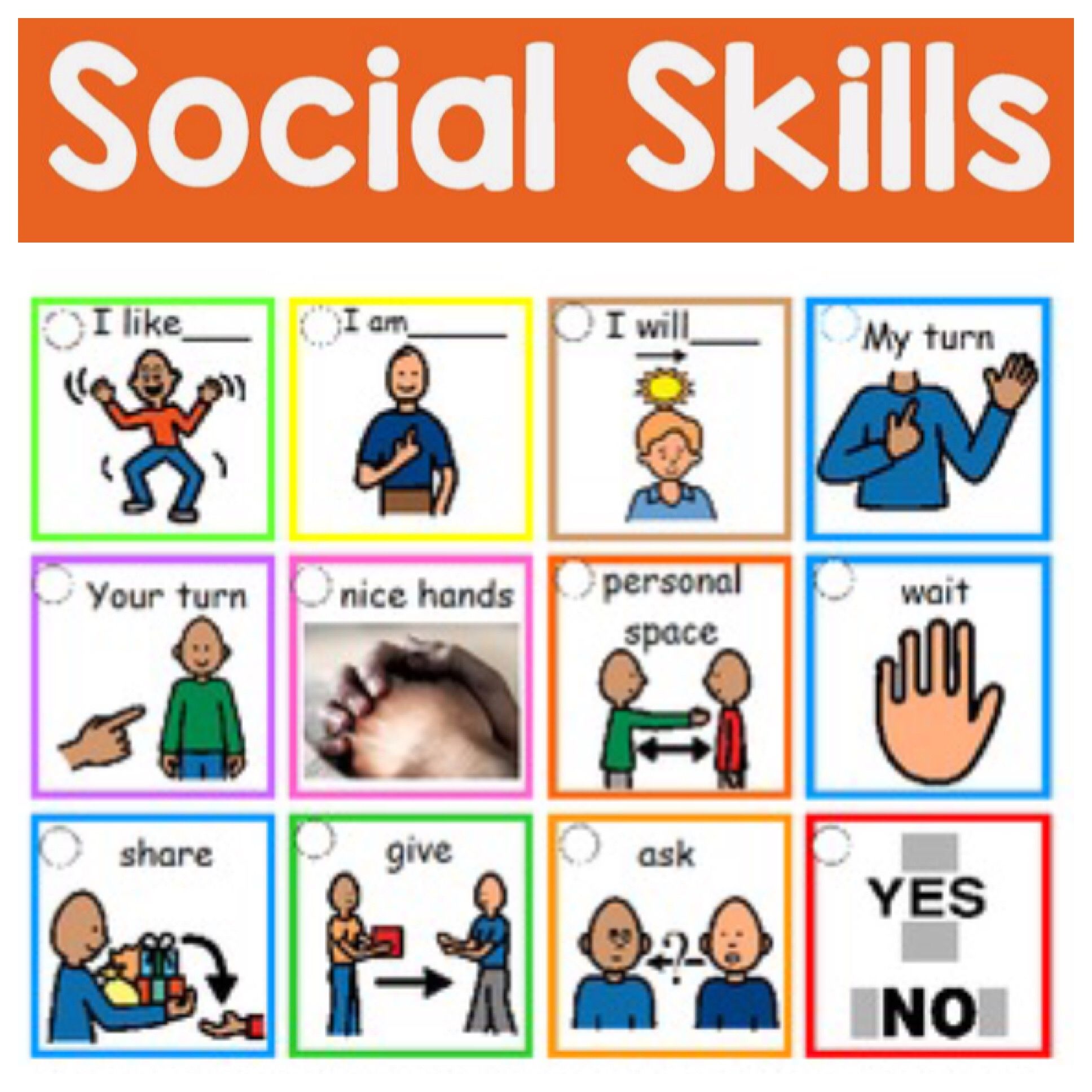Helping your child develop social skills
In my last blog, we talked about how to manage emotions that lead to anxiety and the dreaded meltdown. As the father of two boys on the autism spectrum, I have found that many meltdowns in the past and the root causes for much anxiety stem from social situations.
Teaching your child social skills such as how to interact with others & problem-solving can help them navigate challenging social situations & reduce emotional meltdowns. I know it's not easy, but don't give up because we need to prepare our children for life.
Social skills training for children on the autism spectrum focuses on teaching children how to interact and communicate effectively with others. This type of training addresses the challenges that our children will face in social situations, such as difficulty understanding social cues, starting and maintaining conversations, engaging in play activities with peers and making friends.
Social skills training typically involves structured, role-playing exercises and teaching children specific social skills and strategies. This can include skills such as making eye contact, taking turns in conversation, reading body language, and understanding emotions.
The goal of social skills training is to help our kids improve their social interactions, build friendships, and develop better communication skills. This type of intervention can also help children increase their self-esteem and confidence in social situations.
In addition to formal social skills training programs, parents and caregivers can also play a crucial role in fostering social skills development in children on the spectrum. This can involve providing opportunities for social interaction, modelling appropriate social behaviour, and providing feedback and support as children practice their social skills.
Put simply social skills training for children with autism is a critical component of their overall development plan and can help them navigate social situations more effectively and lead to improved social and emotional well-being.
I’d like to share with you ten simple ideas that can help you develop your child's social skills.
Encourage social interactions: Provide opportunities for your child to interact with others in structured settings, such as through playdates, group activities, or social skills groups.
Use visual supports: Visual supports, such as social stories or picture schedules, can help your child understand social expectations and navigate social situations more successfully.
Practice social skills: Help your child practice important social skills, such as making eye contact, taking turns, and initiating conversations, through role-playing.
Provide positive reinforcement: Praise your child for using good social skills and provide positive reinforcement when they engage in social interactions.
Teach emotional regulation: Help your child understand and express their emotions appropriately, as well as recognize and respond to others' emotions.
Foster empathy: Encourage your child to consider others' perspectives and feelings, and practice empathy in their interactions with others.
Teach social cues: Help your child learn to recognize and interpret social cues, such as body language, facial expressions, and tone of voice.
Set social goals: Work with your child to set achievable social goals, such as making eye contact with a peer or asking someone to play.
Provide social scripts: Teach your child simple scripts or phrases they can use in social situations, such as greeting others or asking for help.
Seek professional support: Consult with a therapist, social skills coach, or autism specialist for individualized guidance and support in developing your child's social skills.
I hope you find these ideas useful and I will explore some of them in more depth next time.
Try them out and let me know how you get on via my Facebook page https://www.facebook.com/autismdadireland or my twitter account @Autismdad67
Stay well and keep promoting autism awareness
Autism Dad Ireland
